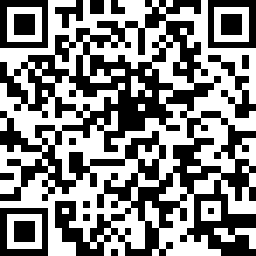Chinese Word Entry
呈陽性Simplified Chinese form: 呈阳性
| Mandarin (Zhuyin): | ㄔㄥˊ ㄧㄤˊ ㄒㄧㄥˋ |
| Mandarin (Pinyin): | chéng yáng xìng |
| Cantonese (Jyutping): | cing4 joeng4 sing3 |
| Definition: |
Need more information?
Chinese characters used in this word
| 呈 | display, offer, present, send, exhibit, submit, show, appear, petition |
Readings
| Mandarin: | ㄔㄥˊ (chéng), ㄔㄥˇ (chěng) |
| Cantonese: | cing4 |
| Japanese: | テイ (tei) / しめす (shimesu) |
| Korean: | 정 (jeong) |
| Vietnamese: | trình |
| 陽 | sunshine, yang principle, positive, male, heaven, daytime, the active, male principle in Chinese philosophy (yang), light, sun |
Readings
| Mandarin: | ㄧㄤˊ (yáng) |
| Cantonese: | joeng4 |
| Japanese: | ヨウ (you) / ひ (hi)、 いつわる (itsuwaru) |
| Korean: | 양 (yang) |
| Vietnamese: | dương |
Variants
| Simplified Chinese form: | 阳 |
| Semantic variant form: | 氜 |
| 性 | sex, gender, nature, character |
Readings
| Mandarin: | ㄒㄧㄥˋ (xìng) |
| Cantonese: | sing3 |
| Japanese: | セイ (sei)、 ショウ (shou) / さが (saga)、 たち (tachi) |
| Korean: | 성 (seong) |
| Vietnamese: | tính |

